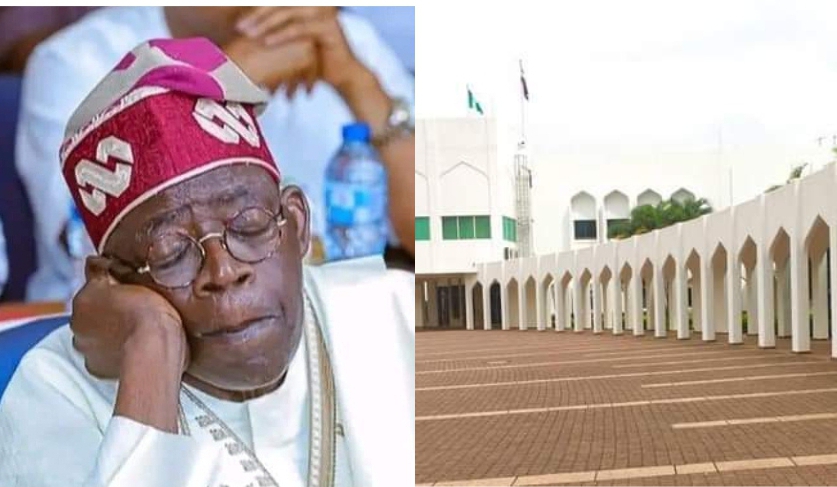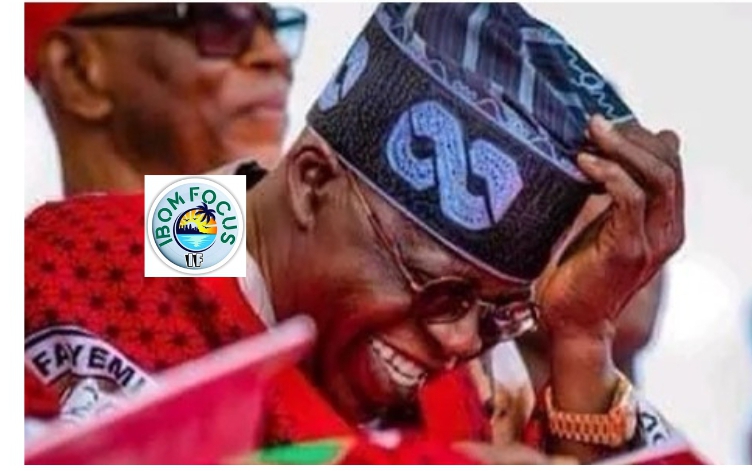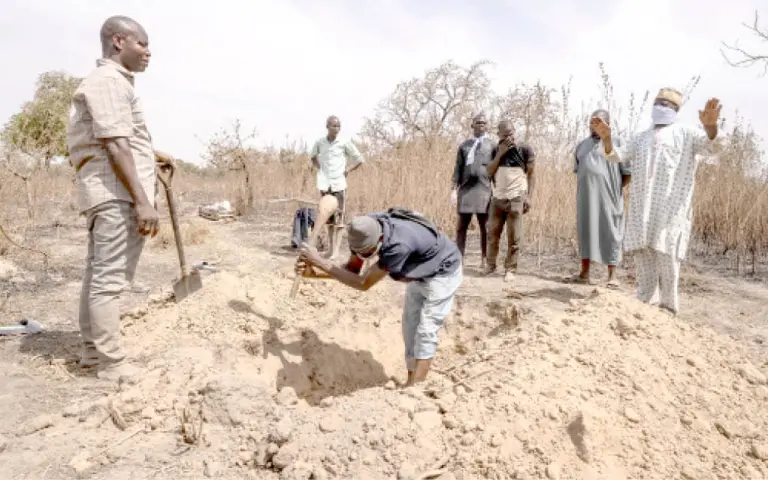
Presidency Blasts New York Times Over Report On Nigeria
Mr. Bayo Onanuga, Special Adviser on Information and Strategy to President Bola Tinubu on Sunday responded to a recent New York Times article concerning Nigeria’s economic situation.
The article, written by Ruth Maclean and Ismail Auwal and published on June 11, was titled “Nigeria Confronts Its Worst Economic Crisis in a Generation.” Onanuga criticized the report for presenting a biased and negative portrayal of Nigeria, consistent with the way foreign media have historically depicted African nations.
Onanuga asserted that the report unfairly attributed Nigeria’s economic challenges to the policies of President Tinubu’s administration, which took office at the end of May 2023. He emphasized that Tinubu inherited an economy already in dire straits, describing it as “dead” and in urgent need of significant intervention to prevent further deterioration akin to the economic crises in Zimbabwe and Venezuela.
The special adviser outlined several key points to counter the New York Times report. He highlighted that Nigeria’s long-standing fuel subsidy regime, which had cost the public treasury $84.39 billion between 2005 and 2022, was unsustainable and had to be dismantled. Additionally, the national budget had no provision for fuel subsidies beyond June 2023, with 97% of revenue earmarked for debt servicing, leaving minimal funds for other expenditures. Onanuga pointed out that the previous administration had relied heavily on borrowing to cover these costs.
The government’s decision to unify multiple exchange rates and remove fuel subsidies was a crucial step to address these inherited economic issues. Onanuga explained that maintaining a subsidized exchange rate had led to significant arbitrage opportunities and massive monthly expenditures by the Central Bank of Nigeria (CBN) to stabilize the currency.
Furthermore, the low official exchange rate had hindered foreign direct investment and remittance obligations, causing international airlines and other foreign businesses to withdraw from Nigeria. Onanuga noted that President Tinubu’s administration had taken decisive actions to correct these imbalances, including allowing the naira to float and ending the subsidy regime.
Despite initial challenges, such as the naira’s depreciation, Onanuga reported signs of economic stabilization. The exchange rate had improved, and the economy recorded a trade surplus in the first quarter of 2024. The administration had also attracted portfolio investors and secured significant loans from the World Bank, African Development Bank, and Afreximbank, boosting Nigeria’s economic credibility.








